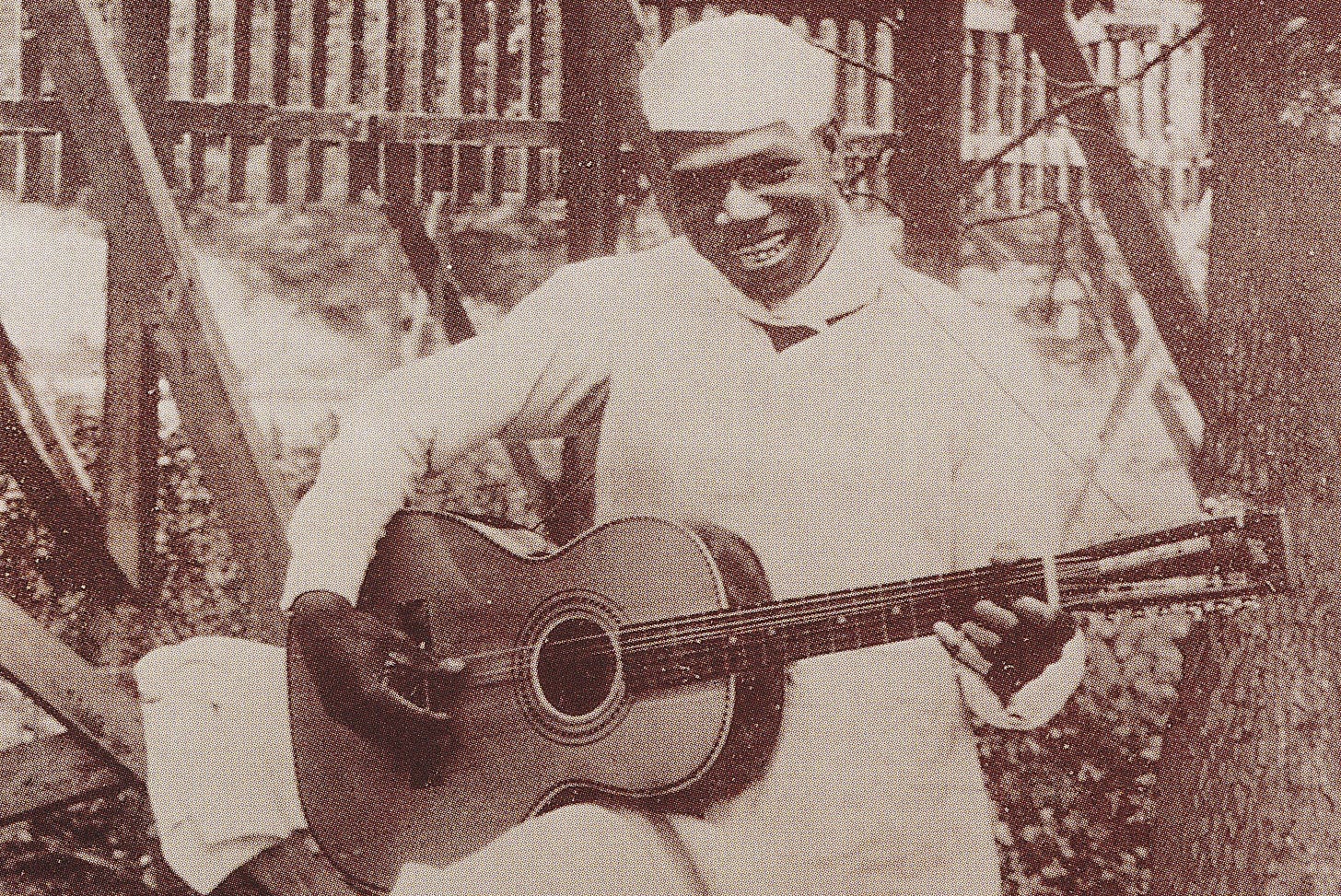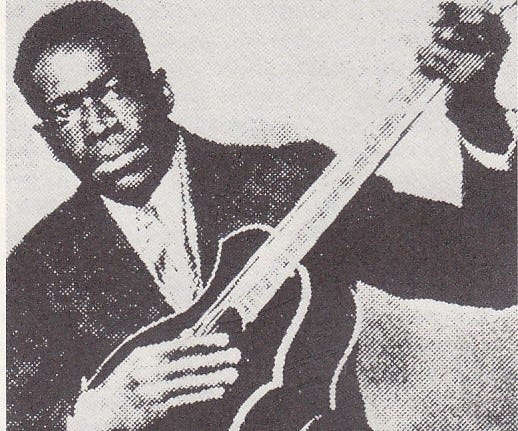To listeners of Atlanta-based radio station WSB, Dan Hornsby was known as “Cheerful Dan, The Man With the Two-Octave Voice.” His pop and hillbilly recordings under his own name and with the Dan Hornsby Trio enjoyed decent sales, especially his original “The Shelby Disaster.” Cheerful Dan’s greatest claim to fame, though, are his accomplishments during his tenure as Columbia Records’ go-to man in Atlanta. Working as a talent scout, songwriter, assistant recording manager, and regional A&R man between 1927 and 1933, Hornsby supervised recordings by hillbilly artists, string bands, spiritual singers, preachers, and blues artists.
In their landmark study A&R Pioneers: Architects of American Roots Music on Record, Brian Ward and Patrick Huber credit Hornsby’s forward-leaning “protoproduction ethic, which included doing some of the sorts of things later associated with postwar ‘record producers.’” One example was Hornsby’s bringing in white studio musicians to back up blues singers such as Lillian Glinn and the duo Rufus and Ben Quillan. As the authors noted, “Although the use of white studio musicians to accompany Black vaudeville singers was relatively common in New York, it was far less so at regional recording sessions, particularly in the Jim Crow South; it was even rarer to use white musicians to back up country blues acts like the Quillans.”
Hornsby had a special affinity for “race” artists, as Black artists were categorized back then. His foremost discovery was Robert Hicks, whom he saw playing at a barbecue joint, brought into the studio, and christened “Barbecue Bob” on records. He also supervised sessions by Blind Willie McTell, Blind Willie Johnson, Laughing Charlie Lincoln, Ed Bell, Barefoot Bill, Hambone Willie Newbern, and, in 1930, Curley Weaver, Barbecue Bob, and Buddy Moss performing as the Georgia Cotton Pickers. Although they’d only record four songs, the Georgia Cotton Pickers were, in their own way, a prototypical blues “super group.”
My previously posted studies of Barbecue Bob and Curley Weaver, which detail their lives, careers, and recordings, are linked at this article’s end. The third member of the Georgia Cotton Pickers, Eugene “Buddy” Moss, hailed from Jewell, Georgia, where he was born on January 26, 1913. When he was about four, his family moved to Augusta, where he learned to play harmonica. “Nobody was my influence,” Moss recalled. “I just kept hearing people, so I listen and I listen, and listen, and it finally come to me.”
He took up 6-string guitar after arriving in Atlanta in 1928. He began associating with Curley Weaver, Charley Lincoln, and Barbecue Bob, whose playing on 12-string guitar he’d credit as a major inspiration. Moss also absorbed influences from phonograph records by Leroy Carr and Scrapper Blackwell, Blind Lemon Jefferson, and especially Blind Blake. He advanced quickly and within a few years was among the Southeast’s foremost blues guitarists. His oft-recorded “Oh Lordy Mama” holds its place as his most influential song, echoing through the repertoires of famous jazzmen, bluesmen, and rockers alike.
Keep reading with a 7-day free trial
Subscribe to Talking Guitar ★ Jas Obrecht's Music Magazine to keep reading this post and get 7 days of free access to the full post archives.




